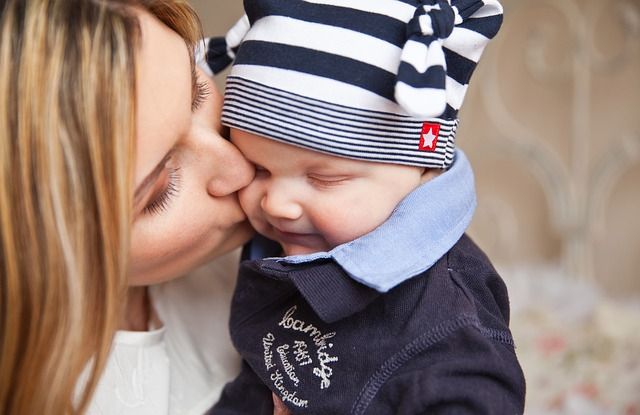Having children is expensive, and in Denmark, it is usually the mother who pays the highest price.
When a Danish woman gives birth to her first child, her salary and pension savings fall significantly. Ten years after the birth of each child, a woman loses ten percent of her income based on what her earning power would have been had she remained childless. On average, a Danish mother with two children will suffer a 20 percent loss of income.
READ MORE: Danish women experience workplace discrimination in connection with pregnancy
“Men and women who have children together have basically the same salary development in the five years leading up to the child’s birth,” Jakob Egholt Søgaard, who has a PhD in economics from the University of Copenhagen, told Politiken.
“Following the birth of a child, the woman’s salary drops abruptly while the man’s is unaffected. Nearly 80 percent of the wage gap between men and women can be explained by the fact that she has children.”
The ‘child penalty’
Søgaard and two fellow researchers from the London School of Economics analysed economic data about the parents of 350,000 Danish children born between 1985 and 2001. The parents’ salaries were measured over a 15-year period – five years before the birth of a child and ten years after.
The researchers determined that the ‘child penalty’ suffered by mothers is the result of three primary factors: their presence in the labour market, the number of hours worked and hourly wages.
Women take the vast majority of maternity leave, and many choose to reduce the number of hours they work or look for jobs in the public sector or with companies that employ large numbers of women with children employed. Those jobs are often not as well paid as the ones they had before becoming a mother.
Unequal equality
Anette Borchorst, a gender researcher and professor in the political science department at Aalborg University, said that the much-ballyhooed idea of total sexual equality in Denmark is a bit unrealistic.
“We believe that we have equality in Denmark, but there is still an expectation that the kids are the mother’s responsibility,” said Borchorst. “Some women feel that when they have small children, there is no other way to make it work.”
Borchorst said that a stressed mother of small children who chooses part-time work may not really be aware of the long-term consequences for her retirement or what may happen should she wing it alone later in life.
“If a woman has not saved up enough for her later years, it may be too late to fix, because the later one starts, the more one needs to set aside,” said Borchorst.
Alone and broke
Since 2007, Danish law has ruled that pensions are not shared in a divorce. Instead, each party takes their own retirement savings out of the marriage.
Only 8 percent of couples agree to divide their pensions equally.
“A women’s pension reflects the choices they make in the labour market,” said Anne Seiersen from the pension group Forsikring & Pension.
“Choices have consequences they should be aware of.”
















